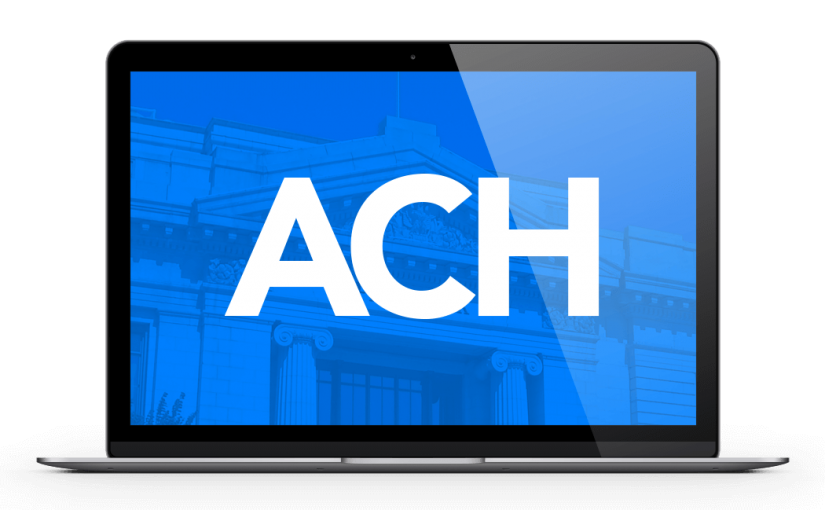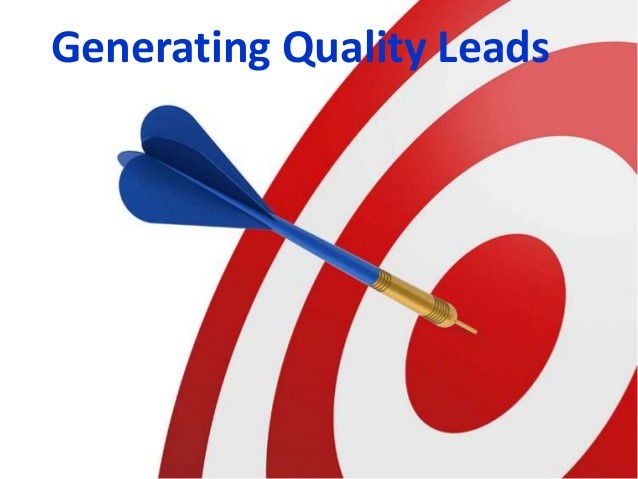While gigantic companies and multinational corporations seek credit for special operations, small businesses, the ones who have just entered the corporate world, are short of finances and need capital to fund their day-to-day operations. In the starting phase of a business, there are so many things that are needed, such as inventory, hiring staff, technology, etc. Entrepreneurs know how difficult it is to manage the expenses and operate a business with low funds. Also, they need cash to make payroll, pay taxes, or avoid defaulting on existing debt obligations.
Every company, whether it is in construction or is a clothing merchant, in its starting phase needs financial support to grow and maintain their business. Usually, the companies seek funds from loan providers to meet their business operations. The flexibility granted by a loan or cash advance can mean the difference between thriving in a tough economy and joining the half of small businesses that fail during the first five years.

For this reason, business owners really need to know what would be the best funding option for them. The two major funding options for small businesses are SBA loans and Merchant Cash Advances or MCAs. SBA loans are loans to small businesses who are unable to get a business loan through normal lending channels, with reasonable terms. The program operates through private-sector lenders that provide business loans which are guaranteed by the SBA or the Small Business Administration. A merchant cash advance is a quick and easy business funding option without the need for collateral. The MCA loans require no formalities, no credit checks, and are provided by private lenders. There is no involvement from any bank or other traditional loan providers.
SBA vs. MCA – Picking the Better Option
Still, many people are confused on which is the better option. Let’s make a comparison between the two and see which will work best for you.
Based on financing amounts, SBA loans offer numerous benefits. For organizations that need a few million dollars quickly, an SBA can be their best option. The approval time is around one week, and disbursement takes up to six weeks. The organization’s lending standards favor manufacturers with equipment and property as collateral. Now, merchant cash advances can start from $10,000 and can go up to $51 million. With merchant cash advances, business owners can access funds within a week and even within 72 hours in certain cases.
The next important comparison criterion is what the minimum qualification to apply for a loan is. When applying for an SBA loan, the applicant must meet a lengthy list of terms and conditions and even additional ones that have been set by the originating bank. For instance, an applicant,
- Must base for-profit operations in the US
- Cannot request government help before using up personal assets
- Cannot be involved in certain financial, political, or religious activities
- Cannot be delinquent on taxes or any other debts to the federal government
However, merchant cash advances do not require collateral or a personal guarantee. In most cases, even if the entrepreneur has a bad credit report or past bankruptcies, then they may still qualify for merchant funding. There are no major requirements for qualifying for merchant cash advances.
- Few months operating history, which is sometimes optional
- Monthly gross credit card sales, the amount generally depends on your loan provider
- Documented gross monthly sales
- No formalities and no credit checks
See Also: Count the Benefits that Your MCA Leads Can Get from a Merchant Cash Advance Loan.
Merchant cash advances offer easy applications, fast processing, and repayments are even easier. The merchant funding companies recoup their funds by collecting a certain percentage of total credit card sales. So, we can say that merchant cash advance loans can be a little expensive as compared to traditional bank funding, but they are more flexible and forgiving with easy processing and even simpler repayments.


 However, unlike other businesses such as fashion stores, restaurants, etc. where finding prospective clients is easy, the MCA industry needs a more tricky approach. Finding prospective clients in the merchant cash advance industry is not child’s play. While as a MCA loan provider, you want to find prospective clients, it is really a time-consuming process and sometimes you end up contacting the wrong leads. So, getting a list of quality leads from a reputed lead generation service is the best approach. In this regard,
However, unlike other businesses such as fashion stores, restaurants, etc. where finding prospective clients is easy, the MCA industry needs a more tricky approach. Finding prospective clients in the merchant cash advance industry is not child’s play. While as a MCA loan provider, you want to find prospective clients, it is really a time-consuming process and sometimes you end up contacting the wrong leads. So, getting a list of quality leads from a reputed lead generation service is the best approach. In this regard, 
